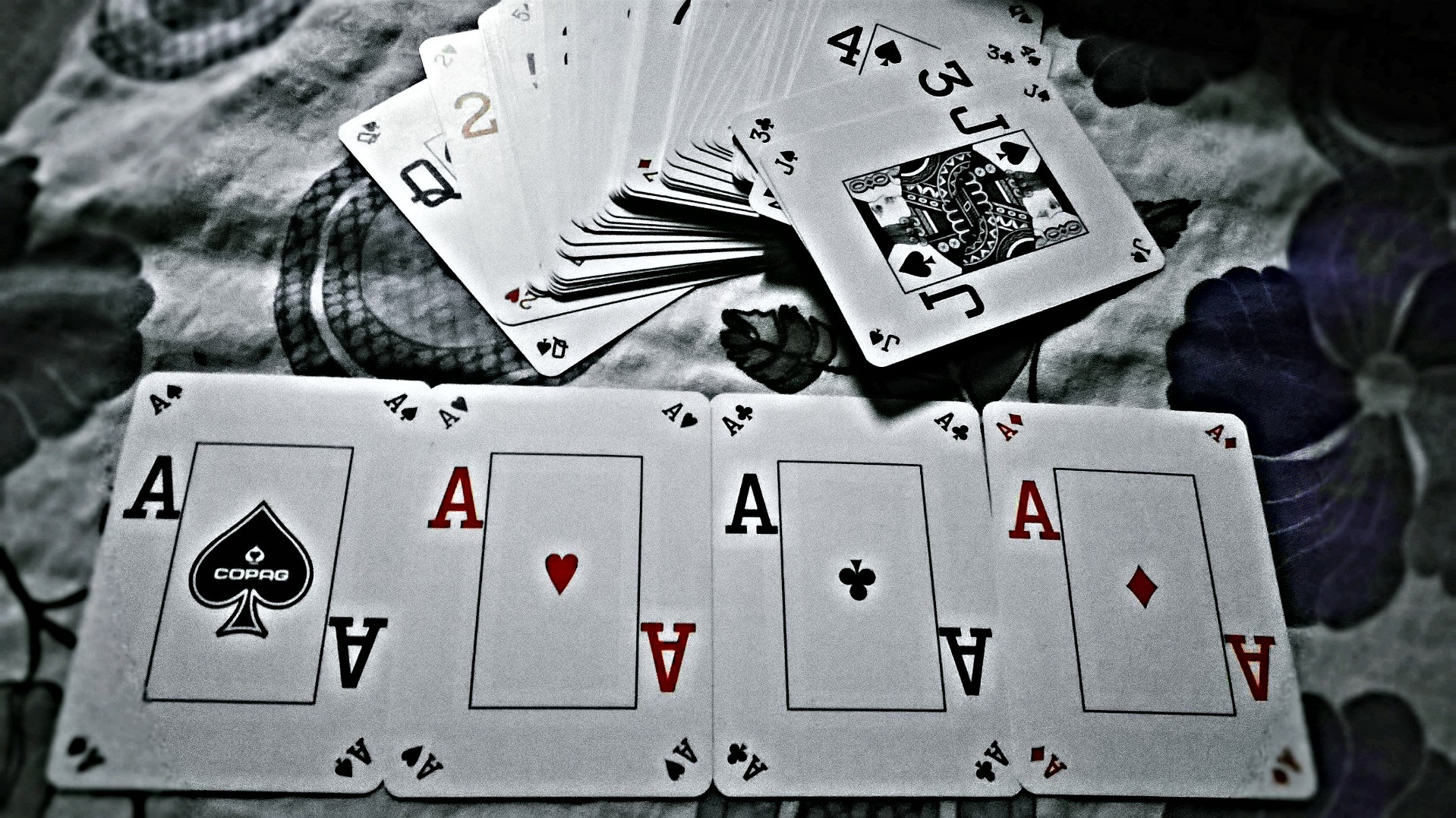Humphrey Owusu | Contributor
Featured image: Evidently, black people who are not cut from the same cloth are treated as oddities who deserve to be mocked. | Courtesy of Pexels
The Black Card is a figurative card that every black person is born with. The card is constantly on the verge of being revoked, if a black person does not demonstrate traits that are deemed “black enough.”
February is Black History Month. It is also the month Whitney Houston passed away. It is widely known that despite Houston’s extraordinary talent, she struggled with substance abuse—yet at the same time, she also struggled with her identity. While she experienced a meteoric rise in her career in the late 1980s, she was alienated for sounding too pop—in other words, being “too white.”
It was at the 1989 Soul Train Awards when the audience responded by viciously booing her name, when Houston was announced as a nominee for the Best Music Video and Best R&B Urban Contemporary Single by a Female, respectively. Her mother Cissy wrote in her 2013 autobiography that while the crowd booed Houston, they also taunted her with names such as “Whitey” throughout the Shrine auditorium.
Houston found herself stunned by the criticism. Back in 1991, the then 27-year-old singer opened up to Ebony Magazine: “My success happened so quickly that when I first came out, black people felt ‘she belongs to us,’ and then all of a sudden, the big success came and they felt I wasn’t theirs anymore; that I wasn’t within their reach. It was felt that I was making myself more accessible to whites, but I wasn’t.”
The idea that Houston was presenting herself as white sounds absurd, but it stems from the belief that her gospel roots were being downplayed by the pop-oriented material that she was recording. This could be seen as a calculated effort to gain a white audience. In her “I Wanna Dance With Somebody” music video, she appears lighter-skinned and prances around in a voluminous blonde wig. To black Americans, she chose their side.
Years later, Houston would later transform her music and image to attract a black audience. Marrying Bobby Brown also gave her the street credit she needed to appease her critics.
This alienation looks all too familiar to the struggles that black conservatives deal with regularly—just like the late singer, they are also considered “white.”
Russian anarchist Pyotr Kropotkin questioned the legitimacy of blacks who lean conservative. He believes black conservatism is nothing but a “contradiction, a freak of nature.” He said those who claimed black conservatism were opportunists, and are complicit in the oppression of their own racial community.
However, black conservatism does exist, and it does not start and end with Booker T. Washington, who was an American educator, author, orator, advisor, and dominant leader of the African-American community from 1890 to 1915. However, since the Civil Rights movement, many black people aligned themselves with liberalism.
Critics, a number of whom lean more conservative, share beliefs similar to Kropotkin. In the black community, a black conservative is believed to be a traitor.
As one example, Director Spike Lee once referred to Supreme Court Justice Clarence Thomas as “a handkerchief-head, chicken-and-biscuit-eating Uncle Tom.” This would be valid if Uncle Tom was a traitor, but he was not—he was a martyr depicted by white abolitionist Harriet Beecher Stowe, in her novel “Uncle Tom’s Cabin.”
Often, backlash against those not perceived as “black enough” go without repercussion. In 2016, rapper Talib Kweli led his Twitter followers in harassing Breitbart writer Jerome Hudson, directing a racial slur at the writer. Twitter took no action against Kweli.
It seems that the consensus is that racist harassment against black liberals like Leslie Jones are inappropriate, but not for those who think like Hudson.
To add insult to injury, ridicule doesn’t only come from other black people. For instance, Comedian Chelsea Handler once referred to Ben Carson as a “black white supremacist,” or someone who believes white people as superior to his race.
Evidently, black people who are not cut from the same cloth are treated as oddities who deserve to be mocked—even by those who look like Chelsea Handler. Perhaps, Houston could relate.

